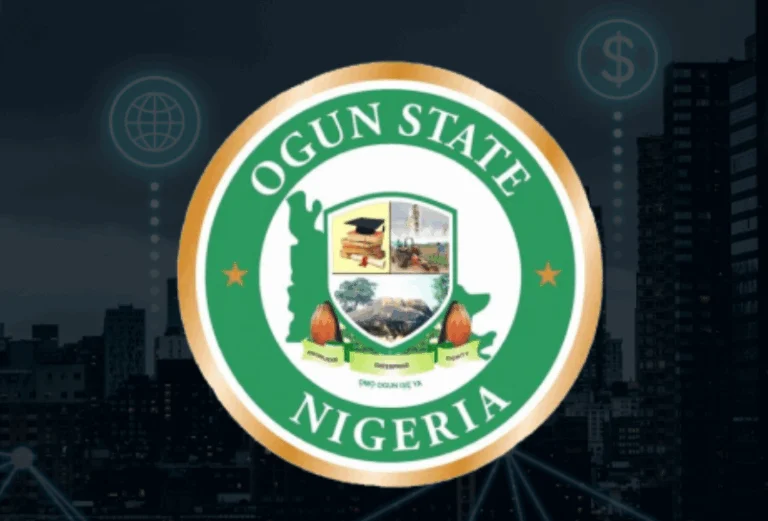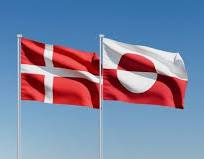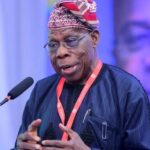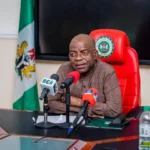Oyo vs South-East: Viral Tweet Sparks Heated Debate Over Marginalisation Claims
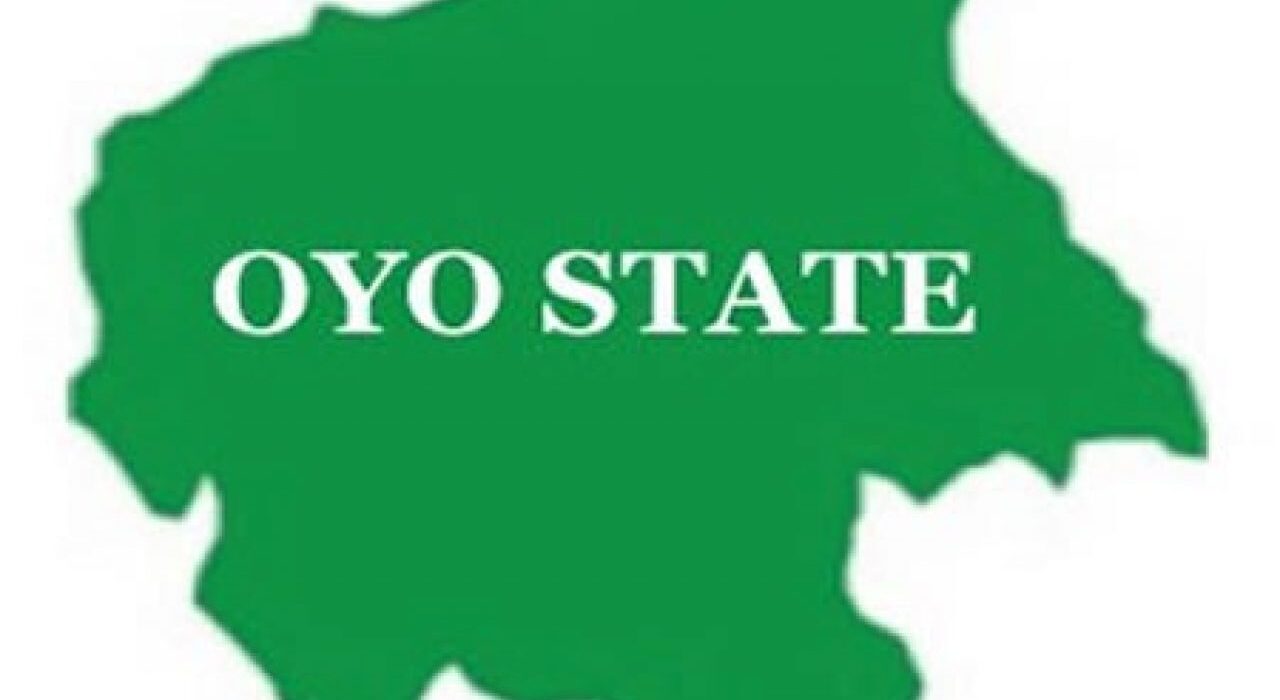
A viral post comparing Oyo State to the entire South-East geopolitical zone has ignited heated debate across social media over regional development, political representation, and the long-running issue of marginalisation in Nigeria.
The post, shared on X (formerly Twitter) by a user identified as @MrBukunmi, compared figures showing that Oyo State’s landmass 28,454 square kilometres is nearly equal to the combined size of the five South-East states, which collectively cover 29,388 square kilometres.
Citing figures allegedly from the first half of 2025, the user claimed Oyo State received ₦196.23 billion from the Federation Account Allocation Committee (FAAC), while the South-East region received ₦650 billion in total.
He further drew attention to political representation, noting that Oyo has one governor and three senators compared to the South-East’s five governors and 15 senators. The post ended with a pointed remark: “There are more South Easterners running to Oyo than Oyo people in the South-East. Guess who is still crying of marginalisation?”
The tweet, which quickly went viral, also referenced another post that claimed, “Ibadan is bigger than four South-East states, and one local government in Ibadan city is bigger than three local governments in Bayelsa State.”
The comparison has since sparked a wave of reactions online. While some users applauded the post for highlighting Oyo’s size and influence, others criticised it as a shallow argument that ignores deeper issues of governance and equity.
Analysts say the argument oversimplifies the issue of marginalisation, noting that complaints from the South-East are not about landmass or the number of governors and senators but about federal appointments, infrastructure neglect, and perceived political exclusion.
They also stressed that comparing FAAC allocations between a single state and an entire region can be misleading, as the distribution formula considers factors such as population, revenue generation, and constitutional entitlement.
The debate has reignited wider conversations about regional balance and fair distribution of national resources, with many Nigerians calling for more informed and data-driven discussions on development rather than divisive comparisons.


